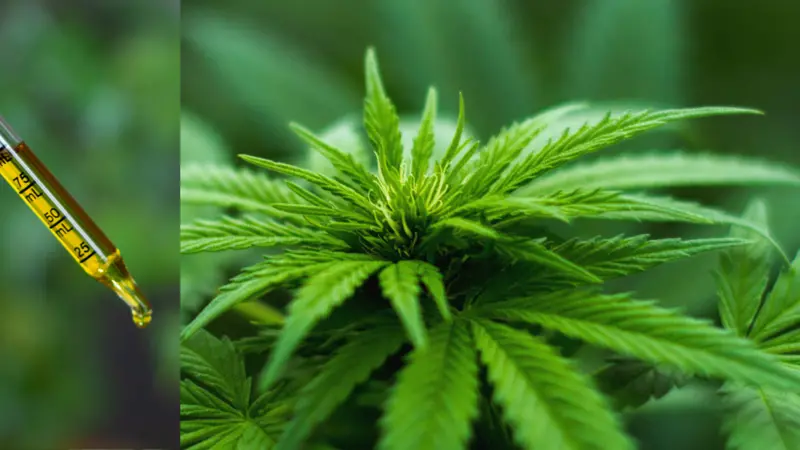

Emerging

Emerging
CBD: Fast on the Heels of Marijuana
Cannabidiol oil (CBD) is all the rage. Typically ingested as droplets or capsules, it is showing promise for treating a myriad of health conditions including epilepsy, depression, insomnia, alcohol addiction, drug addiction, chronic pain, schizophrenia, and anxiety disorders. In 2018, commercial CBD generated revenues of approximately $500 million. Sales are forecast to exceed a whopping $23 billion by the year 2025.
Two major concerns are lack of regulation and questions surrounding dosing. CBD is extracted from cannabis or hemp plants. Large retailers test their CBD products for contaminants, such as pesticides, and THC (the cannabinoid responsible for marijuana’s “high”).
But not all testing labs are FDA-compliant and smaller retailers may not be able to afford the costs of testing. A long-term clinical trial of CBD-tested products revealed that 70% of products were either in excess of or deficient in the amount of CBD advertised, while 20% of the products tested contained THC.
It is important for consumers to do their homework, keeping in mind that not all claims about the health benefits of CBD are accurate or FDA approved. The bottom line right now is that CBD is in a period of rapid change, and that marketing is far more evolved than the clinical science. We should remain cautiously optimistic about the wide-reaching benefits of CBD.
REFERENCES
Frye, D. (2019). Move over, marijuana. Psychology Today, September/October, 25–28.


 By
By







